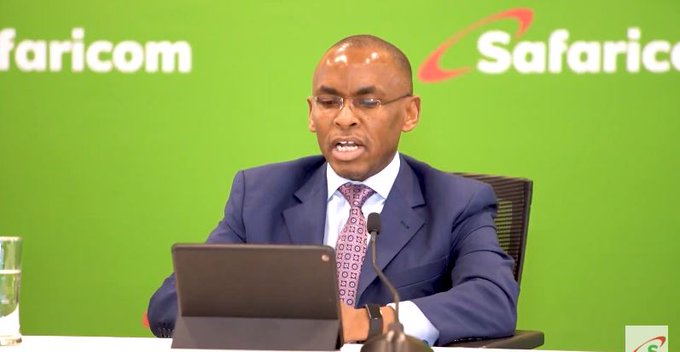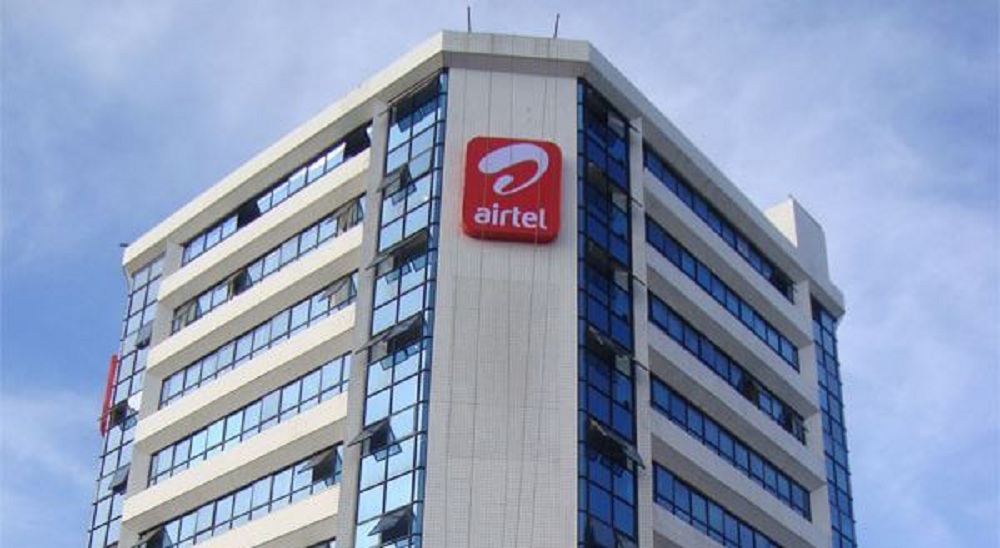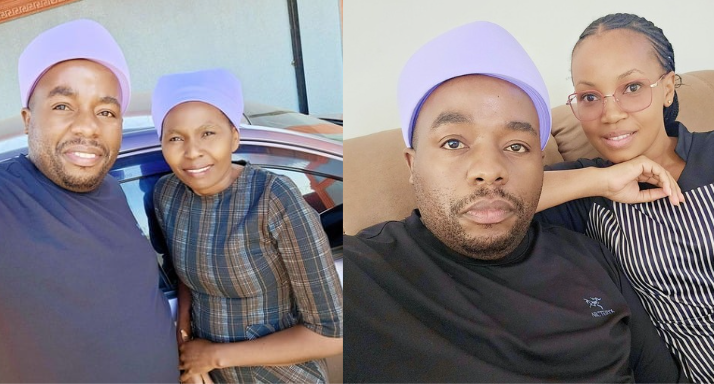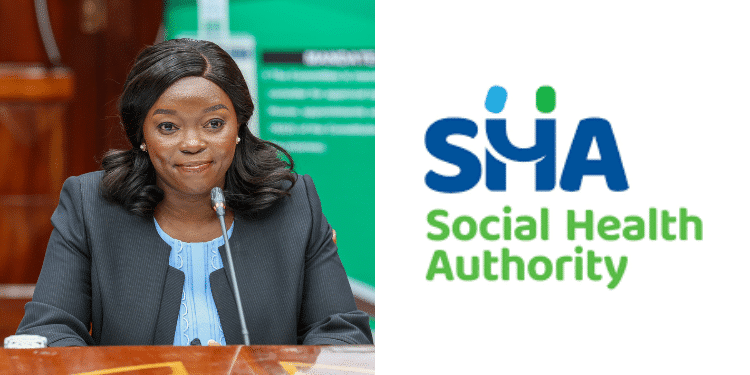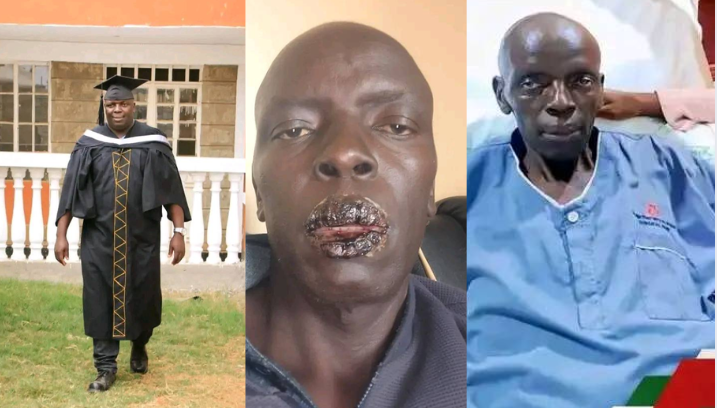Kenyan teachers and police officers relying on government-backed medical insurance will be locked out of treatment at several private hospitals starting Monday, February 24, due to unpaid debts.
The Rural and Urban Private Hospitals Association of Kenya (RUPHA) announced on Thursday, February 20, that its member hospitals will suspend medical services for civil servants under government insurance until outstanding payments are settled.
Government Debt Crisis Hits Healthcare Services
RUPHA Deputy Chairperson Rev. Joseph Kariuki confirmed the decision, citing non-payment for services rendered over the past year as the key reason behind the move.
“We will stop providing medical services to police and teachers using the government insurance from Monday,” Kariuki declared.
RUPHA also warned that if the government fails to act, it may extend the suspension to patients using the Social Health Authority (SHA), the new state-backed universal healthcare scheme that replaced the National Health Insurance Fund (NHIF).
“No services to teachers, police, and SHA patients from Monday until the government honors our demands,” Kariuki added.
Billions in Pending Payments Straining Hospitals
According to RUPHA, the government has failed to clear debts accumulated since 2017, amounting to Ksh29 billion as of December 2024. Despite repeated assurances from the Treasury, private hospitals say they are struggling to sustain operations due to delayed reimbursements.
“Why is it that the Treasury does not value the lives of Kenyans?” Kariuki questioned.
The debt burden has forced some hospitals into financial distress, with reports of auctions, staff layoffs, and specialists withdrawing services due to unpaid dues.
Many hospitals now demand upfront cash payments, making it harder for insured patients to access care.
Call for Review of Global Budget Capitation Model
Besides clearing pending payments, RUPHA is also demanding a review of the Global Budget Capitation model used for outpatient services under SHA.
Under this system, healthcare providers receive a fixed payment to cover all services for a group of patients over a set period.
While designed to control costs and promote efficiency, RUPHA argues that the Ksh900 annual capitation (Ksh75 per patient per month) is too low to sustain quality services.
SHA has faced implementation challenges since its launch in October 2024, with even government officials acknowledging the need for a top-down review of the scheme.
Uncertain Future for Teachers, Police, and SHA Patients
With the looming treatment ban in private hospitals, teachers, police officers, and SHA beneficiaries may face disruptions in accessing healthcare.
Unless the government intervenes quickly, thousands of civil servants could be forced to seek costly out-of-pocket medical services or turn to already overstretched public hospitals.
The government now faces growing pressure to clear outstanding payments and review SHA policies to restore confidence in Kenya’s healthcare financing system.











